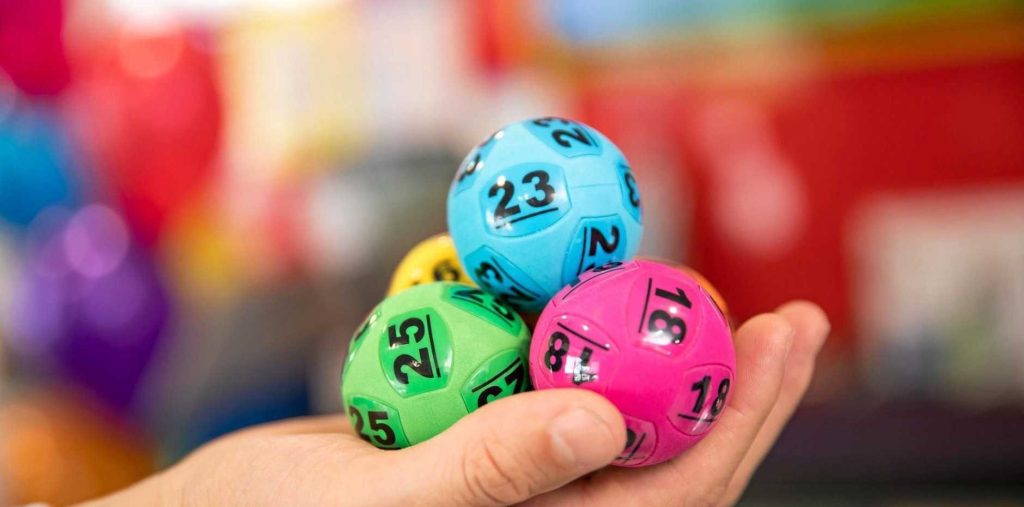Artificial intelligence AI has emerged as a powerful tool across various fields, and one of its more controversial applications is in predicting outcomes in online lottery games. These games, often perceived as random and based purely on chance, have attracted attention from enthusiasts and skeptics alike regarding the potential of AI to forecast winning numbers. While the idea of using AI to predict lottery numbers may seem intriguing, it also raises important questions about the nature of chance, the limitations of AI, and ethical concerns surrounding its use in gambling. At its core, AI works by analyzing vast amounts of data, identifying patterns, and making predictions based on this analysis. In the case of lottery games, AI can be fed historical data, such as past winning numbers, frequency of certain number combinations, and even timing patterns. The hope is that AI, through complex algorithms and machine learning models, will be able to recognize hidden patterns or trends that might suggest which numbers are more likely to appear in future draws.

However, it is important to note that tempototo lottery games are designed to be random, and many governing bodies ensure that the drawing process is secure and unpredictable, using mechanical or computerized random number generators. Despite these safeguards, some players believe that AI can provide an edge. The concept of randomness is often misunderstood by many who participate in lottery games. In truth, while the draws are statistically random, this does not eliminate the possibility of short-term patterns emerging purely by chance. AI tools can attempt to exploit these patterns, but the longer-term consistency of a truly random system typically nullifies any predictive advantage. Essentially, even if AI identifies some trends in the data, the results of future lottery draws are still governed by randomness, making the predictions highly unreliable. Moreover, the use of AI in lottery prediction raises significant ethical concerns. Lotteries, by their nature, are designed as games of chance, offering the potential for people to win large sums of money with little to no investment other than purchasing a ticket.
Introducing AI to the process may unfairly skew the odds for those who do not have access to such technologies, creating an uneven playing field. This could undermine the integrity of the game and lead to issues of fairness, as AI predictions might be more accessible to those with the means to invest in sophisticated tools, leaving others at a disadvantage. Another point of concern is the potential for AI to be used in fraudulent or manipulative ways. In the absence of strong regulations, there could be individuals or groups who use AI to manipulate or exploit lottery systems for personal gain, undermining the trust and fairness essential to these games. For example, AI tools could theoretically be used to hack into lottery systems or exploit weaknesses in the random number generation process, although such activities would be illegal and heavily monitored by authorities. In conclusion, while AI has the potential to analyze data and identify patterns, its ability to predict lottery numbers is highly limited by the inherent randomness of these games.